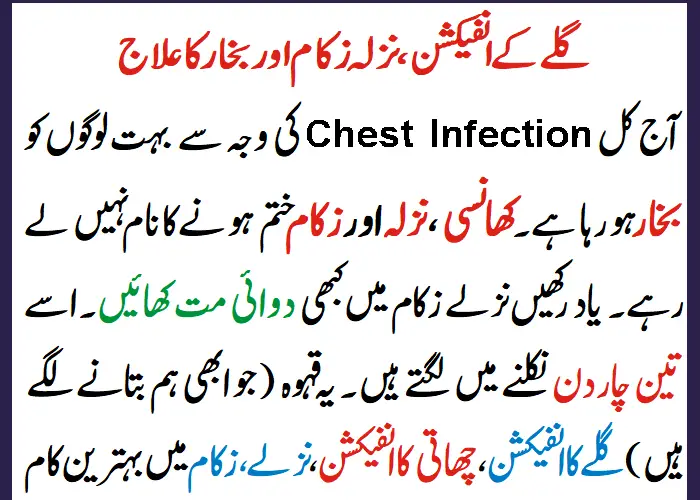
Obesity is a serious health problem that affects millions of people around the world. It can cause several health complications, including shortness of breath. Shortness of breath, also known as dyspnea, is a common symptom of obesity. It can make it difficult to do everyday activities, such as walking, climbing stairs, and exercising.
There are many reasons why obesity can lead to shortness of breath. One reason is that fat can build up around the lungs, making it difficult for them to expand fully. Another reason is that obesity can cause the airways to narrow, making it more difficult to breathe in and out.
Obesity and Shortness of Breath Home Remedy (Urdu)





Symptoms of Shortness of Breath in Obesity
The symptoms of shortness of breath in obesity can vary from person to person. Some people may only experience shortness of breath during exercise or when they are doing strenuous activities. Others may experience shortness of breath at rest or even when they are doing light workouts.
Common symptoms of shortness of breath in obesity include:
- Difficulty breathing deeply
- Shortness of breath with exertion
- Shortness of breath at rest
- Wheezing
- Chest tightness
- Coughing
- Fatigue
Causes of Shortness of Breath in Obesity
As mentioned above, there are many reasons why obesity can lead to shortness of breath. These include:
Reduced lung capacity: Fat stored in the chest can press down on the lungs, making it difficult to expand them fully. This can reduce lung capacity and make it harder to breathe deeply.
Narrowed airways: Obesity can also cause the airways to narrow, making it more difficult to move air in and out of the lungs.
Sleep apnea: Sleep apnea is a sleep disorder that causes breathing to stop and start repeatedly during the night. It is very common in people with obesity. Sleep apnea can disrupt sleep and lead to daytime tiredness and shortness of breath.
Other health conditions: Obesity can also increase the risk of other health conditions that can cause shortness of breath, such as heart disease, asthma, and COPD.
Risk Factors for Shortness of Breath in Obesity
The following factors can increase your risk of developing shortness of breath if you are obese:
Central obesity: Central obesity is the type of obesity where fat is stored around the abdomen. Central obesity is more likely to cause shortness of breath than other types of obesity.
High body mass index (BMI): A BMI of 30 or higher is considered obese. The higher your BMI, the more likely you are to develop shortness of breath.
Age: Shortness of breath is more common in older adults.
Gender: Women are more likely to develop shortness of breath than men.
Other health conditions: If you have other health conditions that can cause shortness of breath, such as heart disease, asthma, or COPD, you are more likely to develop shortness of breath if you are obese.
Treatment for Shortness of Breath in Obesity
The treatment for shortness of breath in obesity depends on the underlying cause. If your shortness of breath is caused by sleep apnea, your doctor may recommend a continuous positive airway pressure (CPAP) machine. If your shortness of breath is caused by another health condition, your doctor will treat that condition.
In addition to treating any underlying conditions, there are some things you can do to manage shortness of breath if you are obese, such as:
Losing weight: Losing weight is the most effective way to reduce shortness of breath in obesity.
Improving your fitness: Exercise can help to strengthen your respiratory muscles and improve your lung function.
Quitting smoking: Smoking can damage your lungs and make shortness of breath worse.
Managing stress: Stress can worsen shortness of breath. You can learn healthy methods to fight stress like engaging in physical activity, practicing yoga and trying meditation.
To sum it up, knowing how obesity and shortness of breath are linked is important for getting healthier. To do that, you should eat balanced meals, exercise often, and be mindful of your habits. These simple steps can help you become healthier. Just remember, even tiny changes can lead to a better and easier time breathing. So, start today, and each good choice you make will help you have a brighter and easier time breathing in the future.









